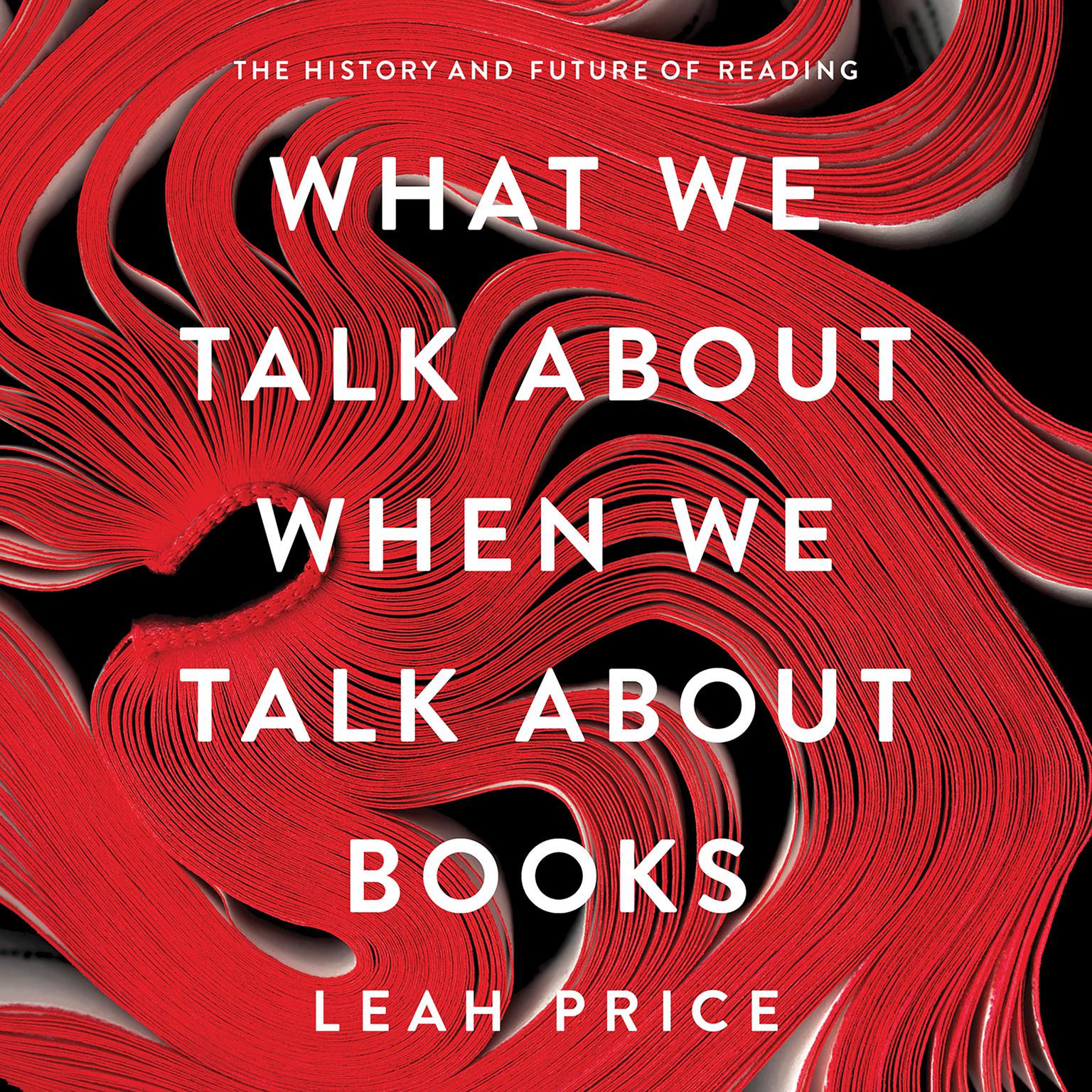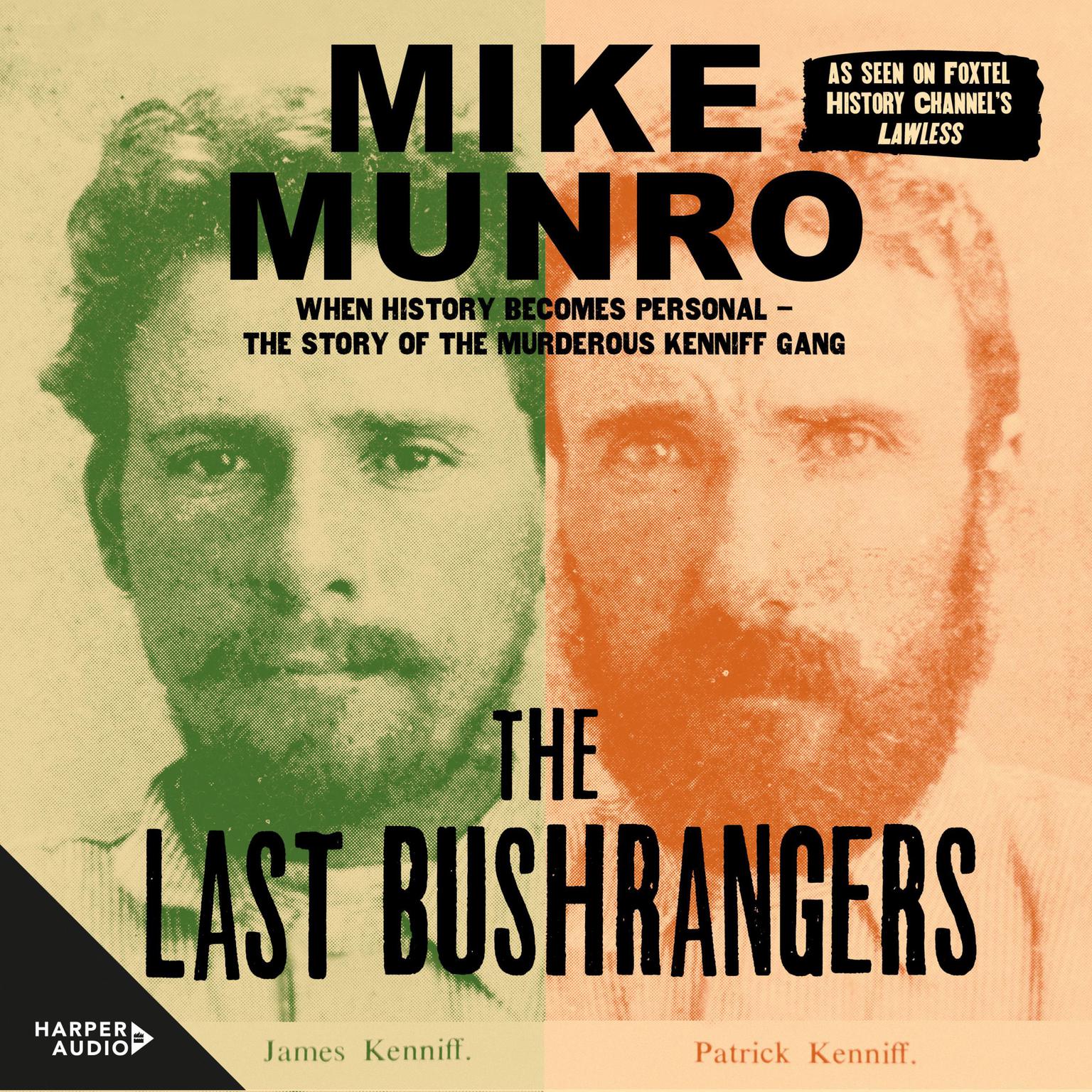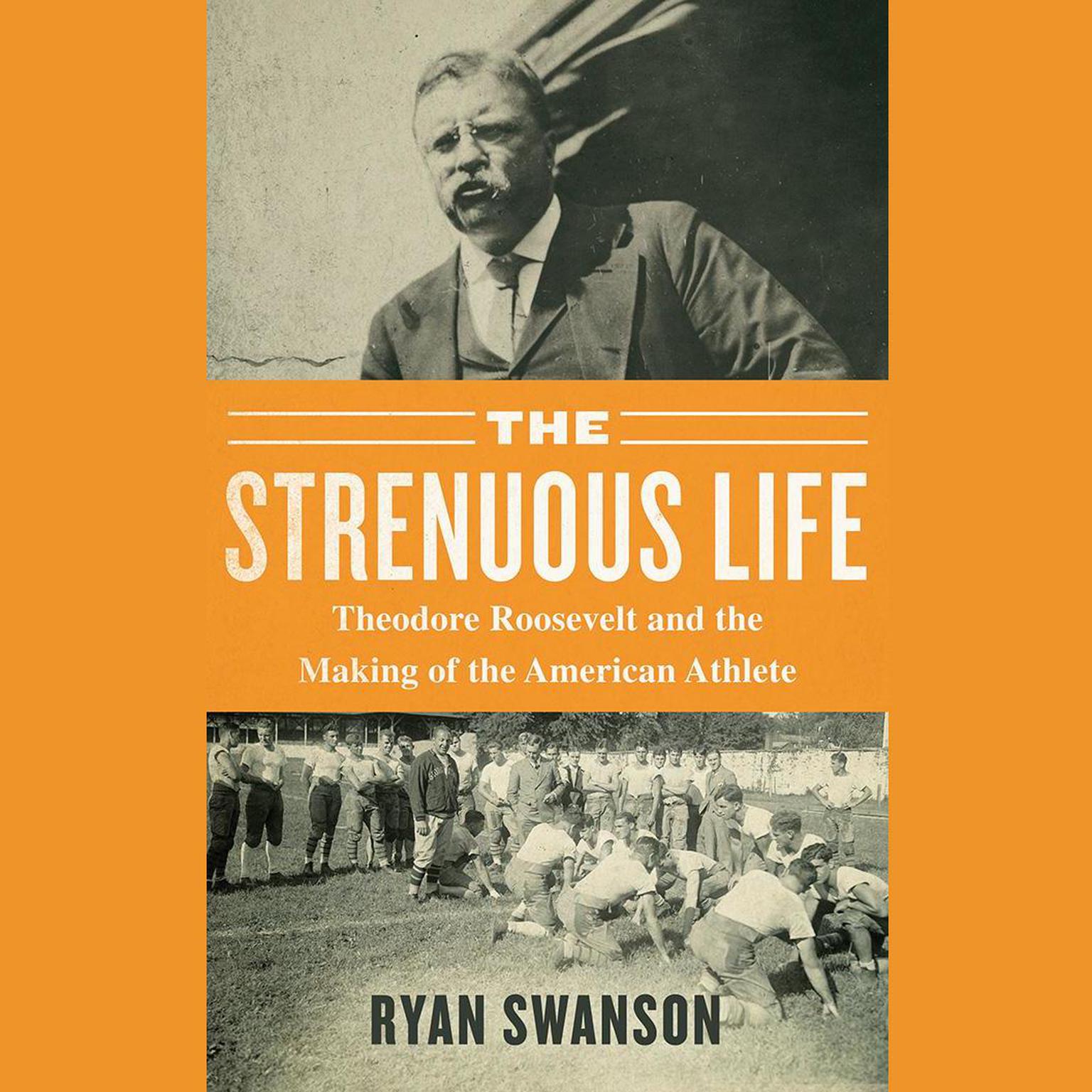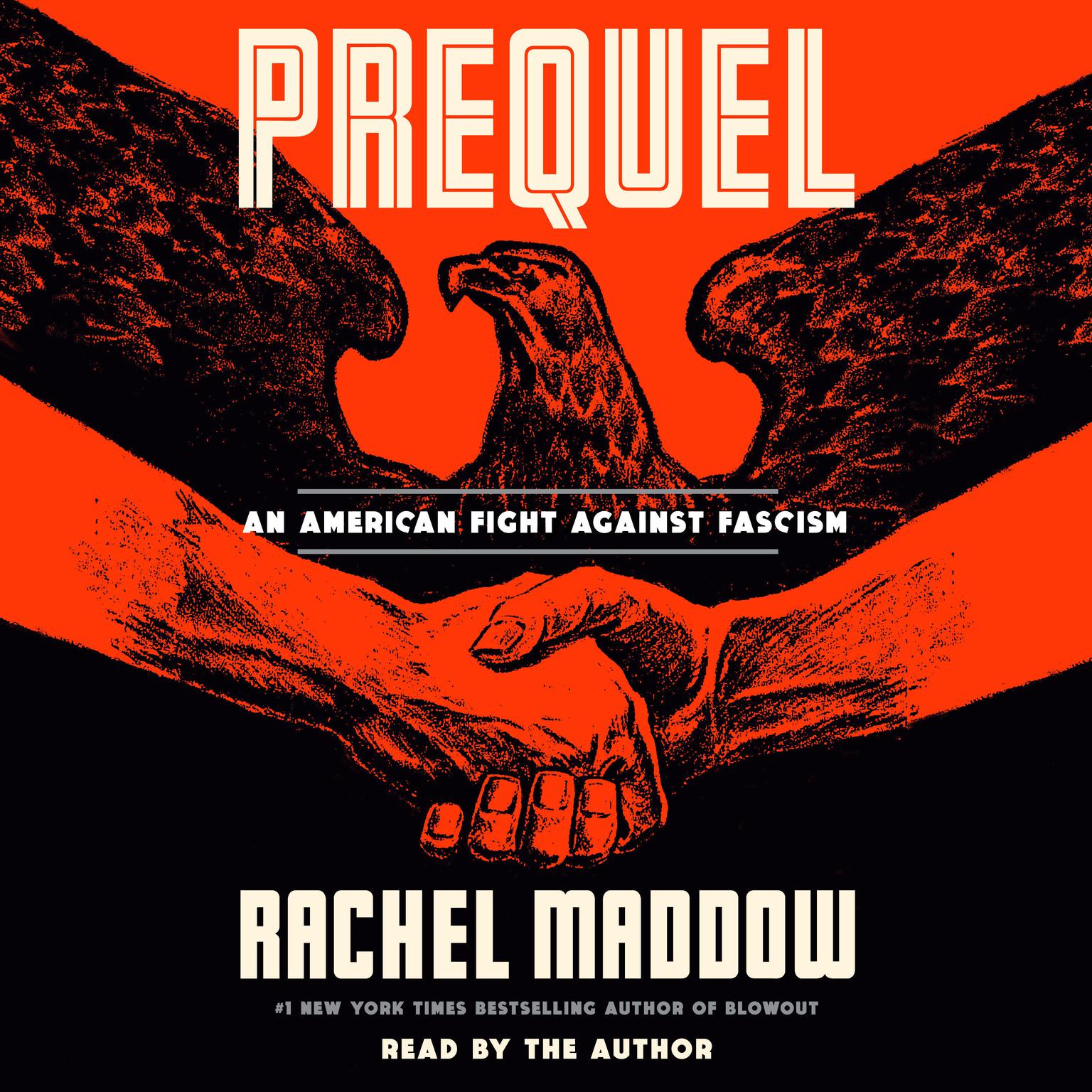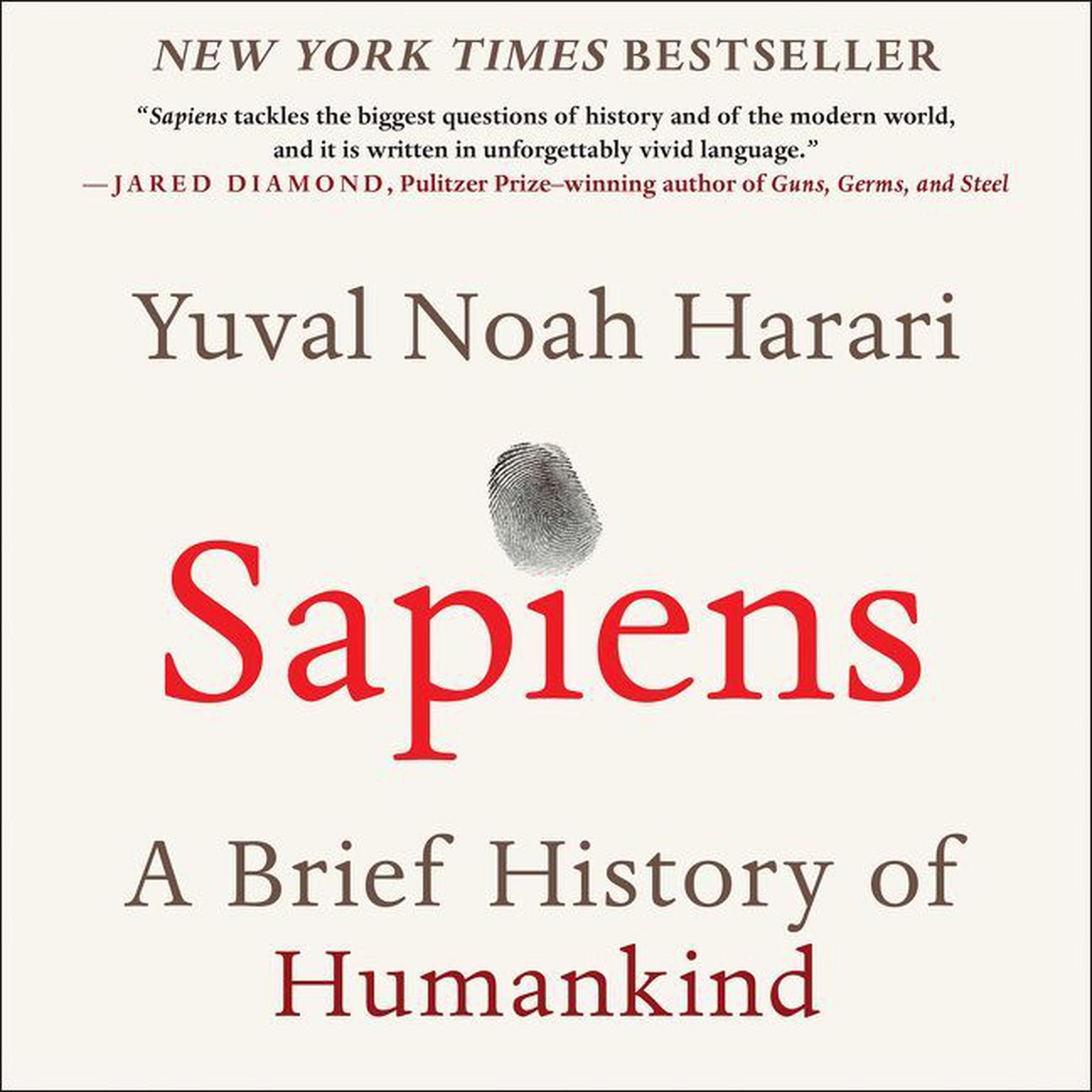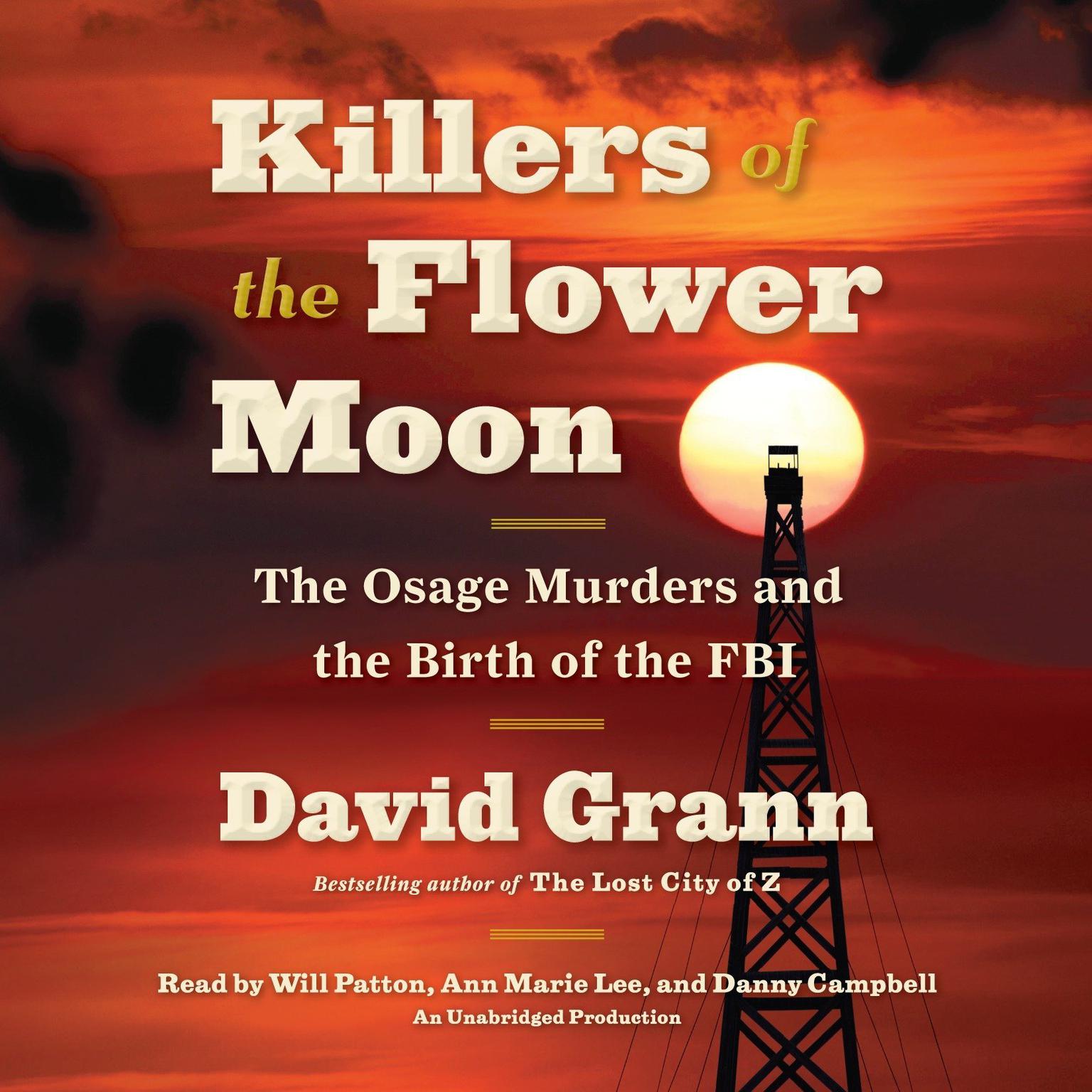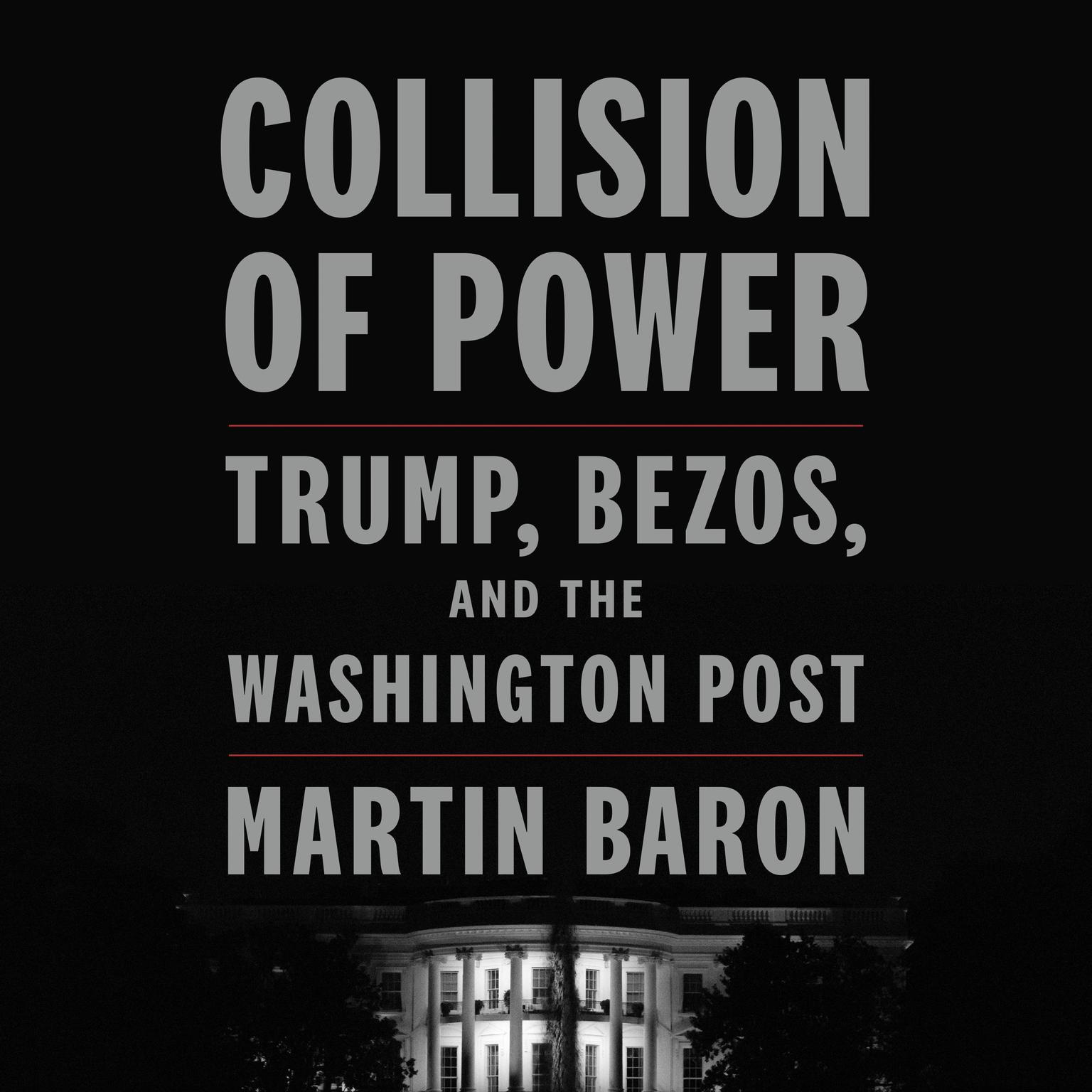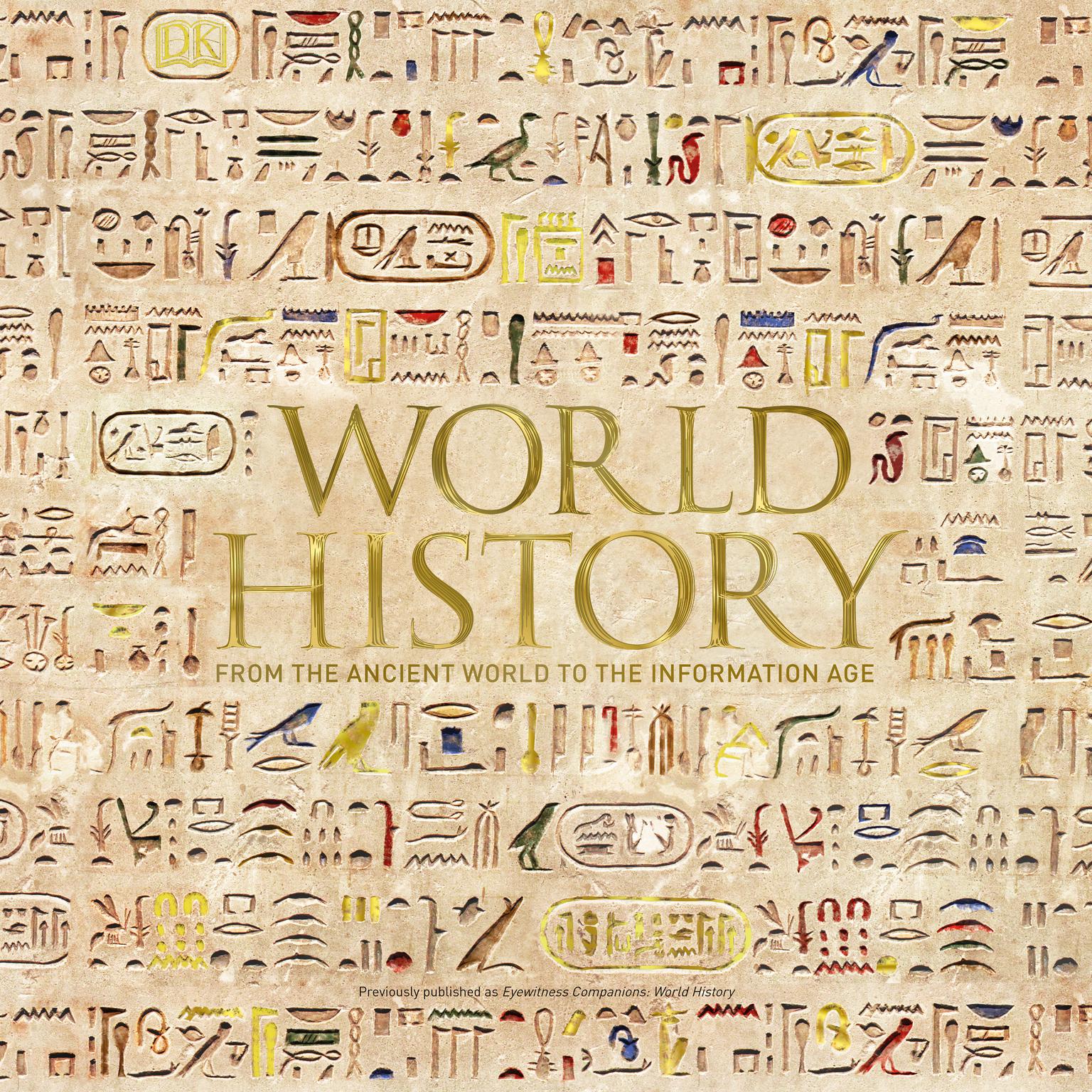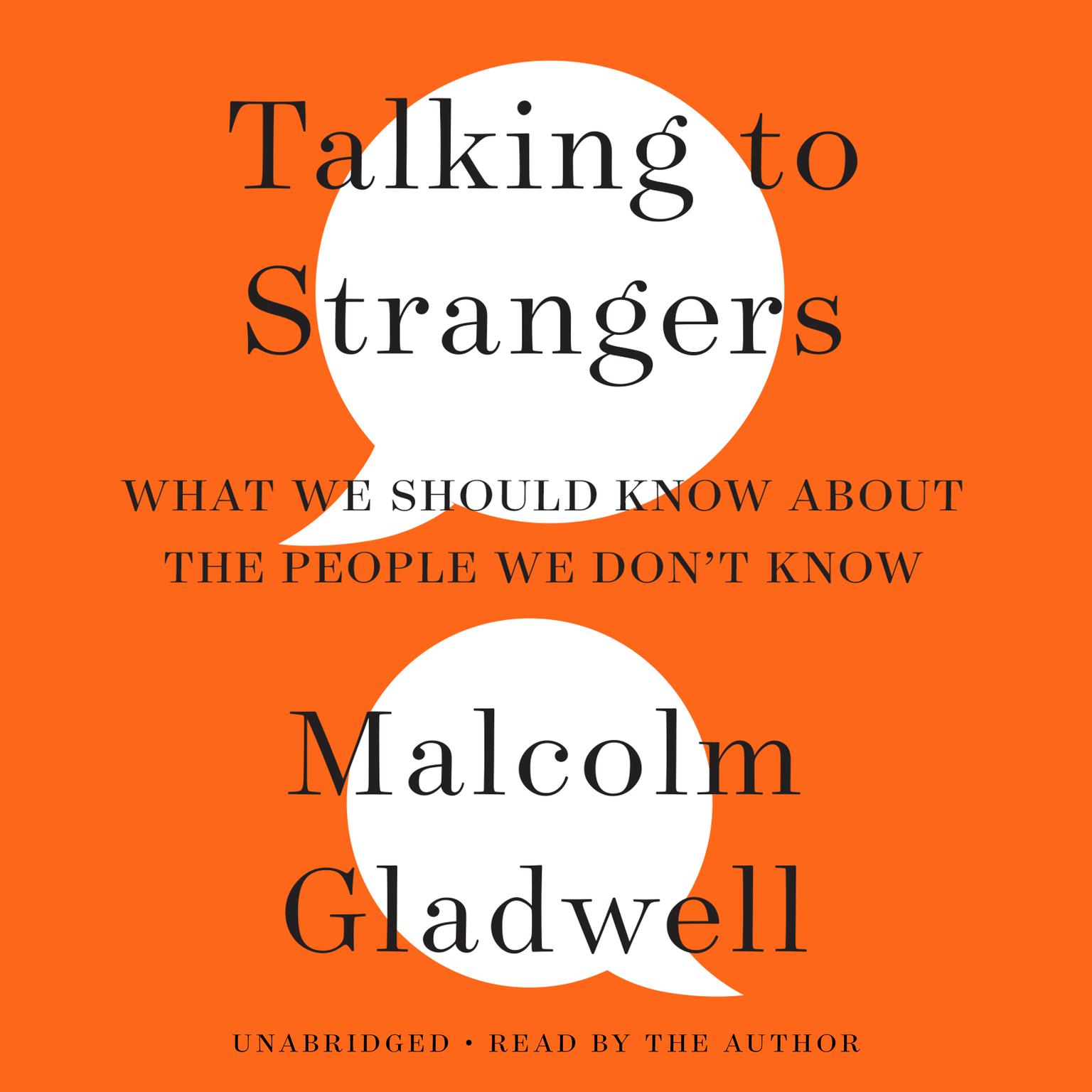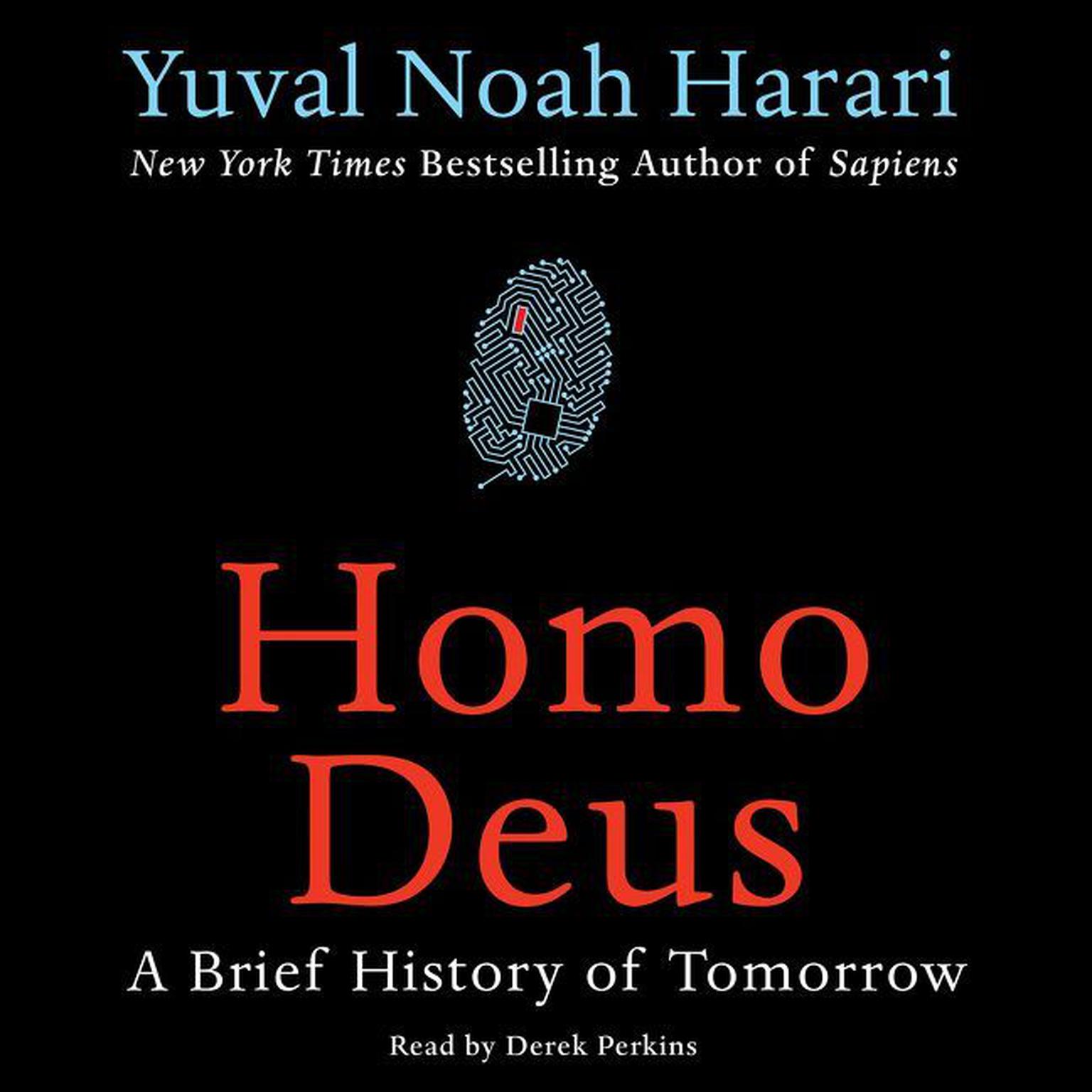Publisher Description
Reports of the death of reading are greatly exaggerated
Do you worry that you’ve lost patience for anything longer than a tweet? If so, you’re not alone. Digital-age pundits warn that as our appetite for books dwindles, so too do the virtues in which printed, bound objects once trained us: the willpower to focus on a sustained argument, the curiosity to look beyond the day’s news, the willingness to be alone.
The shelves of the world’s great libraries, though, tell a more complicated story. Examining the wear and tear on the books that they contain, English professor Leah Price finds scant evidence that a golden age of reading ever existed. From the dawn of mass literacy to the invention of the paperback, most readers already skimmed and multitasked. Print-era doctors even forbade the very same silent absorption now recommended as a cure for electronic addictions.
The evidence that books are dying proves even scarcer. In encounters with librarians, booksellers and activists who are reinventing old ways of reading, Price offers fresh hope to bibliophiles and literature lovers alike.
Winner of the Phi Beta Kappa Christian Gauss Award, 2020
Download and start listening now!
Predictions of the death of the book weren’t only greatly exaggerated; as Leah Price notes in What We Talk About When We Talk About Books, they were old news. The book has survived numerous death sentences in the past, and this time, as before, it’s been the occasion to reinvent old practices of reading. What the Victorians called “furniture books” continue to adorn coffee tables and the Ikea shelves widened to accommodate them. People still hold books in their laps on couches and in coaches (enjoying the “library atmosphere” of Amtrak quiet cars). Self-help books have their roots the “bibliotherapy” proposed a century ago. It is still a very bookish world that we inhabit, and I know of no guide to it more witty and engaging than Leah Price, whose insights, erudition, and apercus had me dog-earing every other page.
—
Geoff Nunberg, resident linguist, NPR’s Fresh Air
